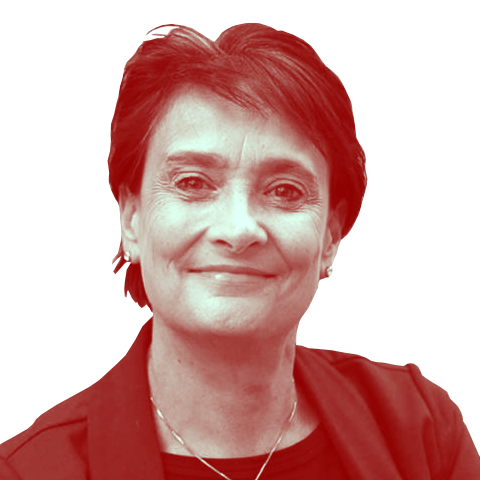Academics impatient for closer ties with EU
Switzerland's universities are looking forward to closer ties with the European Union if a series of bilateral agreements with the EU are approved in a nationwide referendum on Sunday.
One of the seven treaties would allow greater Swiss participation in Europe-wide research. But approval won’t mean Swiss students and researchers are treated equally with EU citizens.
Despite the high standing internationally of Swiss scientific research, Switzerland does not have equal rights to participate in European research projects. For Evi Schupbach, of Berne University’s Institute of Geography, this is a source of great frustration.
“At the moment, if Swiss academics have research ideas which they want to bring to Europe, they have to find a friend in the European Union who will co-ordinate the project. We are basically silent partners, we don’t have equal status in research programmes,” she said.
For Schupbach in particular, these restrictions pose difficulties. Her field is climate change, in particular the depletion of the ozone layer.
“Climate change doesn’t stop at borders,’ she points out. “International collaboration on an issue like this is very important.”
For this reason Schupbach will be voting yes to the bilateral agreements. “If they are approved we Swiss nationals will be able to contribute to the definition of new Europe-wide research programmes,” she says. “And we will be able to co-ordinate them. It’s much closer to a full partnership.”
Approval of the bilaterals will also give Swiss academics full access to results coming out of all the European research projects. At the moment access is restricted to those projects with a Swiss involvement. “Full access will be a great benefit,’ says Schupbach, `it will be an enormous gain in terms of know-how.”
But for Swiss graduate students intent on studying outside Switzerland, the bilaterals may not bring as much as they had hoped. Eva Glunz has just completed a Masters in molecular biology at Berne University, and now she hopes to start her PhD in London.
“It’s very difficult for Swiss nationals,” she says. “Britain classifies us as overseas students, so the tuition fees are very high. The fees would be less if I were an EU national. And there is EU funding for grants which the Swiss don’t have access to. Unfortunately for me, the bilaterals won’t change any of that.”
But Glunz believes that, in the long-term, approval of the bilaterals may help her career prospects. “If they go ahead,” she says, “the free movement of people clause will make it easier for me to work in an EU member country.”
For this reason, Glunz too will be voting yes to the bilateral agreements. Furthermore she also believes it is essential that Switzerland has greater access to Europe-wide research. “In my field of molecular biology there is a lot of very exciting research going on,” she says. “Switzerland should not be left out.”
Schupbach fears the consequences for Swiss scientists if the bilateral agreements are rejected. “So far we have been dependant on good will from the European Union,” she points out. “But if we say no to the bilaterals that goodwill may disappear. It’s a question of our image in Brussels. And if we are cut off, it would be a disaster eventually, in terms of research, in terms of innovation, even in terms of job creation.”
“Nowadays high quality scientific research can’t be conducted by individual countries,” Schupbach continues. Switzerland is so small, we have to join up with others. The issues are so complex we can’t work on our own. It’s common sense really.”

In compliance with the JTI standards
More: SWI swissinfo.ch certified by the Journalism Trust Initiative

You can find an overview of ongoing debates with our journalists here. Please join us!
If you want to start a conversation about a topic raised in this article or want to report factual errors, email us at english@swissinfo.ch.